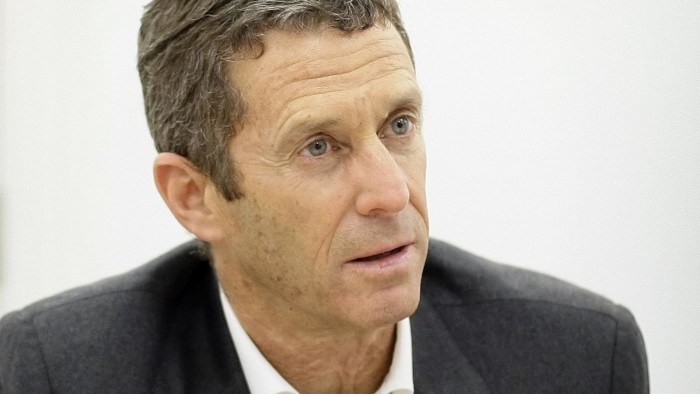UK anti-corruption agency wins battle for documents in BSGR case

Roula Khalaf, Editor of the FT, selects her favourite stories in this weekly newsletter.
Representatives of the mining arm of Israeli tycoon Beny Steinmetz’s business empire are to be forced to hand over to the UK anti-corruption agency thousands of pages of documents related to an alleged African bribery scheme following a court ruling.
The UK High Court on Thursday rejected an application by BSG Resources seeking to block the Serious Fraud Office from assisting a criminal investigation in the mineral-rich but dirt poor west African state of Guinea.
The decision marks the latest setback for BSGR, which is fighting on multiple legal fronts in what has become one of the most far-reaching corruption investigations of recent years. Civil and criminal cases related to the bribery claims stretch from Switzerland, where Mr Steinmetz lives, to New York, where a grand jury investigation began two years ago.
Neither the company nor Mr Steinmetz has been charged in any of the investigations. Frederic Cilins, a former agent for BSGR in Guinea, was jailed last year after pleading guilty to obstructing the US probe.
Guinea’s government annulled BSGR’s mining rights last year after a two-year inquiry concluded that the company had won them by offering cash and shares to the wife of the late dictator. That decision triggered an arbitration claim by BSGR against Guinea, and another against BSGR brought by Vale, the Brazilian miner that had bought a majority stake in the company’s Guinean prospects in 2010.
The High Court denied Guernsey-registered BSGR permission to apply for a judicial review of the decision by the SFO and Theresa May, home secretary, to assist the Guinean probe.
BSGR claimed that Guinea’s request for legal assistance should have been denied because it was politically motivated — part of what the company says is a plot that led to the cancellation of its mining rights. Those rights — worth $5bn — include half of Simandou, regarded as the world’s best virgin deposit of iron ore.
Dag Cramer, a BSGR director, claimed in a witness statement that the government of Alpha Condé expropriated the company’s assets as part of a conspiracy to reward those behind what Mr Cramer alleged was a scheme to rig the election that brought the veteran opposition activist to power in 2010. That scheme and the alleged payback involved South African spies and various fixers and mining interests in Africa and beyond, Mr Cramer said.
Dismissing BSGR’s application, Lord Justice Davis said Mr Cramer’s statement showed “little first-hand knowledge of the underlying facts” of the alleged plot against BSGR.
The SFO is now free to enforce so-called section two notices it served last year on Mishcon de Reya and Skadden, Arps — respectively the current and former lawyers for BSGR — and Onyx Financial Advisers, the company’s agents in London. The notices compel the firms to hand over documents sought by the SFO — 180,000 of them in the case of Mishcon alone, according to BSGR.
The court ordered BSGR to pay costs. BSGR does not intend to appeal.
Following the ruling, BSGR’s Mr Cramer said: “The decision today is procedural only, and will allow BSGR to provide the SFO with information that can be passed on to the government of Guinea to demonstrate the absence of any wrongdoing by BSGR. We will continue to vigorously defend and pursue BSGR’s rightful and legal rights.”
Comments